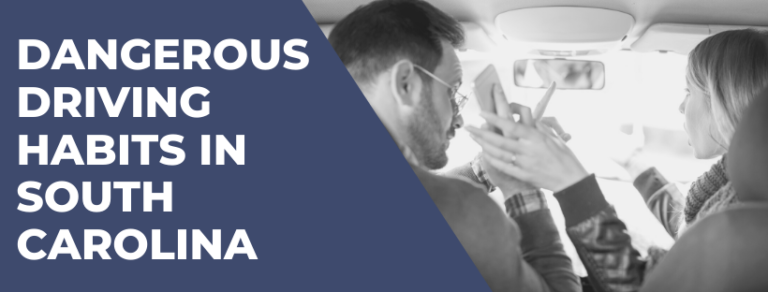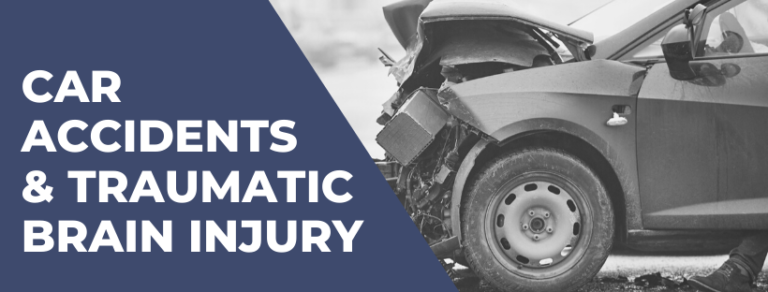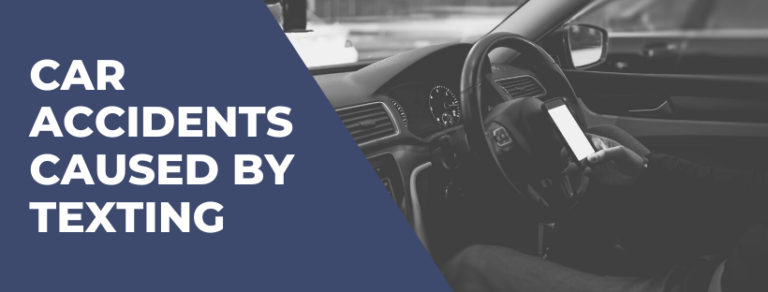Car accidents are common on our roads, often resulting in severe — if not fatal — injuries and significant financial losses. You might be entitled to compensation if you are injured in a car accident. But to do so successfully, you need evidence that shows what happened and who caused the accident.
In most car accident claims, your account of the accident will differ from others involved. For example, if you claim a driver was speeding, which caused them to crash into you, they will likely argue they were driving safely. They may even allege you caused the accident.
For this reason, witnesses can be invaluable, providing an unbiased and reliable account of what happened. In many cases, witness statements can make the difference between securing a massive settlement and not recovering compensation.
In this blog, we explain why witness statements are important and answer your questions about eyewitness reports, including how to find witnesses for your car accident, what to do if you think they are lying, and your options if you are in a car accident and there are no witnesses.
What Is a Witness Statement?
A witness statement is an unbiased or neutral third-party account of how an accident happened. This can help establish fault in a car accident claim, especially when there is a dispute over who is liable. Witnesses can also provide critical details, such as the location, time, weather conditions, and the drivers’ behavior. The more credible the witness statements, the stronger your case, allowing you to receive a fair settlement that covers your physical and financial damages.
How to Find Witnesses to Your Car Accident
Finding witnesses for a car accident can be challenging, especially if the accident happened in a rural or remote location or at night, when fewer people may be around.
The best witness statement comes from people present when the accident occurred. If there are other drivers or pedestrians around, they should stay at the scene until the police arrive. It’s also worth asking for their contact details and permission to contact them if you or your personal injury lawyer have further questions.
If you’re in a minor accident and decide not to report the accident to law enforcement, you should still collect their contact details in case you need to follow up. However, it is worth recording the conversation (with consent) or getting a written witness statement as memories fade over time. This can lead to inconsistencies in statements, which could affect your claim.
You can also check for surveillance cameras in the local area. Many businesses have CCTV that may have captured your accident. Doorbell cameras are also increasingly popular, so it’s worth asking nearby homeowners if they have any footage that can help.
Finally, you may be able to find witnesses via social media. People may hear about a car accident in the area and ask others if they know what happened or post an update about an accident they’ve witnessed. You might be surprised at how many people come forward. A word of caution, though: be careful about interacting with any posts on social media about your accident. If you post about your accident, do not include details beyond the where and when. Insurance companies may try to find you on social media to see if you’ve made any statements about your injuries that they can use against you.
Can a Passenger Be an Auto Accident Witness?
If you have a friend or loved one in the passenger seat when you’re in an accident, they can be a valuable witness. However, you shouldn’t rely on a passenger’s witness statement alone, as the other side may question their bias and dispute their credibility.
What to Do if You Think a Car Accident Witness Might Be Lying or Providing Inaccurate Information
In some cases, a witness may provide false or inaccurate information. This usually happens for one of two reasons.
It may be an innocent mistake, such as if it’s been months since your accident. It can be challenging at the best of times to remember details about our lives — if we asked you what you ate for dinner three months ago on a Tuesday, would you know for certain?
Now, imagine how difficult it is for someone to remember what happened to a total stranger on that same day. The best way to avoid a credible witness from providing false information is to get a witness statement as early as possible — ideally at the time of or shortly after your accident.
The second reason an auto accident witness may provide inaccurate information is far more insidious. Witnesses may lie outright to benefit the person or party you’re filing a claim against. For example, perhaps a witness knows the person who caused your injury or works for the company you’re suing, so they lie in their statements to give their friend or employer an advantage. Alternatively, the other driver may have spoken to a pedestrian or motorist first and offered them money to implicate you or claim they didn’t see anything.
If you suspect a car accident witness is lying, speaking to an attorney as soon as possible is vital. Our South Carolina car accident lawyers can investigate the witness statement and determine whether it is credible. A false witness statement may be easily refuted if multiple other statements corroborate your version of events. If they are the only witness, all hope is not lost, as other evidence — such as CCTV footage showing the accident or an accident reconstruction — can help prove what happened.
Do Car Accident Witnesses Need to Provide a Written Statement?
Witnesses do not necessarily need to provide a written statement of a car accident, but it is recommended. You can take an oral statement as an alternative, but it must be recorded and transcribed. This means you can’t simply speak to a witness and tell your personal injury lawyer that the witness told you what they saw. Again, getting permission from the witness before recording the conversation is vital. What’s most important about collecting an auto accident witness statement is that it is recorded, accurate, and reliable.
What to Do if There Were No Witnesses to Your Car Accident
If there were no witnesses at the car accident scene and nobody has come forward, you may be worried about how to prove what happened and who is responsible.
While witness statements can play a significant role in a car accident claim and tip the scales in your favor, they have a downside.
Witnesses are human beings, and human beings are flawed.
We’ve already touched on how a witness might be swayed by a party or remember the accident one way on one day and then recall something completely different days, weeks, or months later.
These are vital credibility concerns. While the burden of proof is much lower for a personal injury claim compared to a criminal trial, it’s not a coincidence that eyewitness IDs are one of the least reliable forms of evidence and a leading contributor to wrongful convictions.
These simple facts mean that auto accident witness statements aren’t the be-all and end-all.
It’s still much better to have at least one credible car accident witness statement versus none, but it’s only one piece of the puzzle — you need other proof too.
This means you can still successfully file a car accident claim and recover compensation if you have enough other evidence — even if there weren’t any witnesses. It’s your word against the other driver’s.
Here are our tips for gathering evidence after a car accident when you can’t take witness statements:
Call the Police
You have 15 days to report your car accident in South Carolina if it causes injury, death, or property damage of more than $1,000, but we highly recommend calling the police immediately. When the police arrive at the scene, they’ll ask you questions, essentially allowing you to provide your own witness statement.
They’ll also document what they observe — such as skid marks on the road, vehicle damage, and any injuries — and record any contributing factors to the accident. These factors can be vital in helping establish liability. For example, if the officer arrives and smells alcohol on the other driver’s breath, they’ll note “driving under the influence” (DUI) as a contributing factor. If the driver is acting aggressively, they may cite “road rage”.
Take Photographs and Videos
It can also be helpful to take photographs or videos of the scene — your cell phone camera will do — including damage to vehicles, skid marks, and debris on the road.
Visual evidence documents the accident but can also provide other avenues for recovering compensation. For example, let’s say you show your auto accident lawyer the photos you’ve taken, and they spot the other vehicle has a blown tire. They can investigate further and determine whether a defect caused the crash or the driver was negligent in checking their tire pressures. If the tire was faulty, you might be able to hold the manufacturer responsible.
You should also take photographs of your injuries (and seek medical attention!), which helps prove their severity and document when they occurred. This prevents the other party from downplaying your injuries (remember, they may be the only other witness) and ensures you receive the compensation you deserve.
How a South Carolina Car Accident Lawyer Can Use Witness Statements to Build Your Case
If you’ve been in a car accident, hiring a personal injury attorney to help you with your claim is crucial. Our personal injury lawyers in Greenville, South Carolina, will guide you through the complex legal system and protect your rights.
We can also gather evidence, conduct a thorough investigation into your accident, and consult with experts to prove you were hurt due to someone else’s negligence — even if nobody witnessed your accident.
If you have witnesses, we can assess their credibility and record statements to strengthen your case.
Learn more about how witness statements can support your case and how we can help if you don’t have them by contacting our Greenville car accident lawyers.





